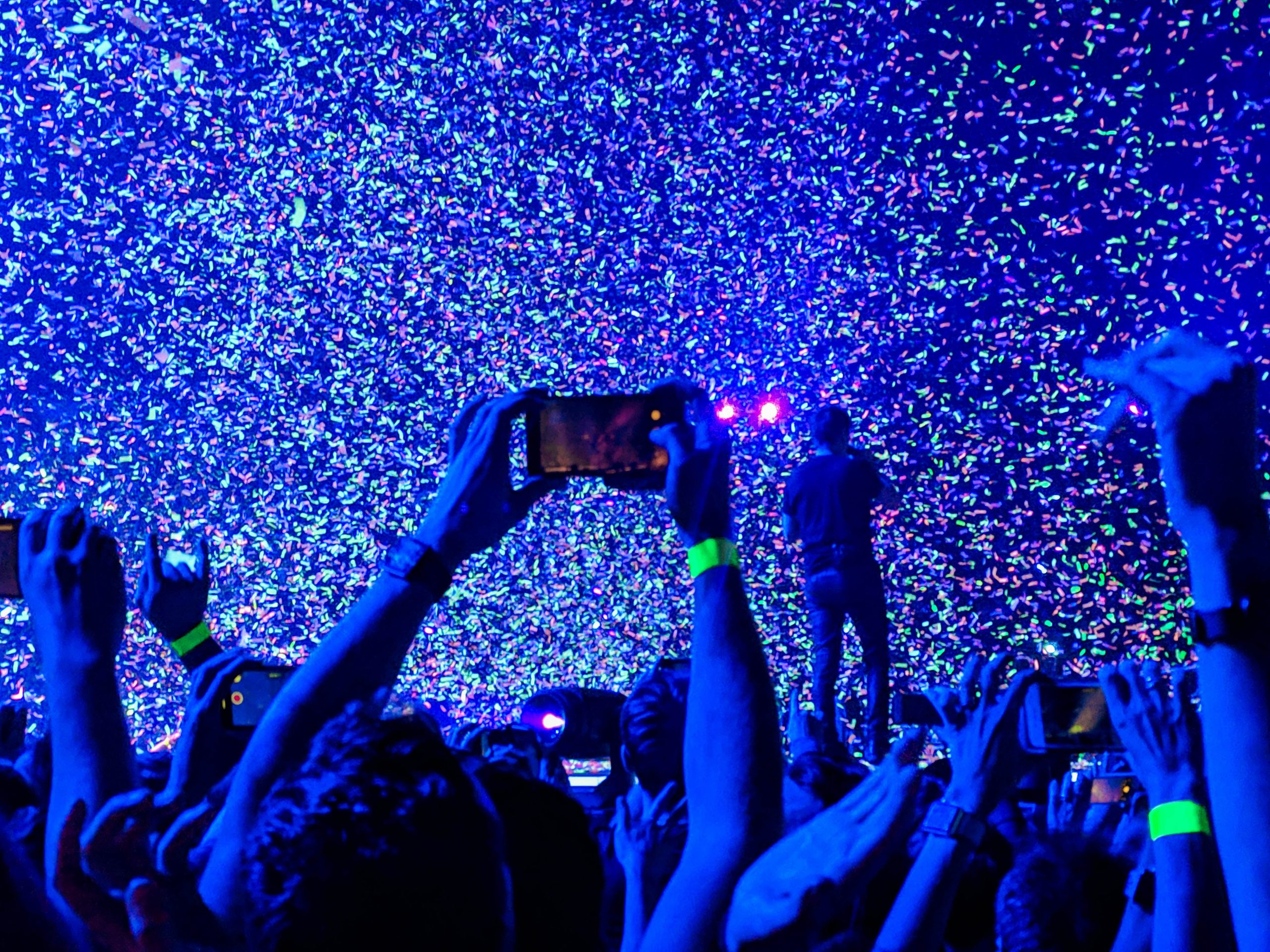
Experiential marketing claims top spot among most successful marketing strategies
By Zion Rufus
They say that seeing is believing, but in today’s ever-evolving world of marketing, experiential marketing has taken belief to a whole new level.
Every interaction a customer has with a brand, intentional or not, contributes to their overall perception and experience, making all marketing inherently experiential.
Unlike traditional advertising strategies, experiential marketing aims to make customers genuinely experience a product or service; take the global Barbie Movie marketing campaign as a valid example.
Every marketing message, from the product name, packaging, label, price, to the actual communications and research, is meant to be experienced by the target audience. The strategy also takes various forms, such as in-store experiences, event booths, seminars, trade fairs, and more.
Validating the above stated viewpoint in an earlier submission, Boye Adefila, Founder of Copycoach Nigeria, noted that all marketing activities, including marketing communications, are experiential in nature.
“Where classic Experiential marketing dominates and rightly so, is that it is the only one that enables three additional senses and this is the superpower that members of EXMAN bring to the marketing table, Sense of touch, Sense of smell, Augmented Reality; they are all conveying a spoken or unspoken message to the consumer,” Adefila stated.
He further clarified the dominance of classic experiential marketing, which engages three additional senses: touch, smell, and augmented reality. These sensory experiences convey both spoken and unspoken messages to consumers, enhancing their overall perception.
By engaging all five senses, experiential marketing sparks emotions that create lasting memories. This unique approach enhances customer communication and brand loyalty, setting it apart from other marketing strategies.
Looking ahead, the Copycoach founder revealed that there may be a potential untapped sense – ESP (extrasensory perception); and If harnessed, it could revolutionize marketing, leading to a new, more complex economic society.
“For now, suffice to say that if practitioners deeply understand the impressive, yet simple connection between perception manipulation, messaging and the consumer experience, integrated marketing will have fewer borders,” he added.
Today, Experiential marketing, particularly event marketing, is hailed as the most effective marketing tactic according to research by Agency EA.
Over 90% of respondents in the research acknowledged its importance in driving brand conversion and customer acquisition. The report also revealed that brands are increasingly prioritizing experiential marketing, with 63% planning to organize more events. The strategy’s versatility is also evident as it can be combined with digital marketing channels for broader reach.
This positive outlook underscores the enduring appeal and effectiveness of experiential marketing in the modern business landscape. B2B and B2C industries have also moved to prioritize reaching all the fundamental areas necessary for building a profitable relationship with their target audience as experiential marketing now stands as a crucial strategy, embraced by 84% of brand marketers and utilized by 29% of brands.
In turn, consumers are enjoying the freedom of experiencing brands firsthand through innovative and convenient ways.
Experiential marketing is a powerful marketing strategy that revolves around creating memorable and innovative customer experiences. Its primary goal is to establish deep emotional connections between a brand and its customers, fostering loyalty by delivering sensory, emotional, cognitive, and rational values to consumers.
Beyond traditional advertising, experiential marketing allows consumers to tangibly experience a brand through exhibitions, services, and live interactions. This association with real-life experiences helps them form a deeper connection with the brand.
In the marketing world, experiential marketing ranks as one of the top five strategies adopted by most brands and companies. Its success rate stands at an impressive 38.34%, surpassing digital advertising (19.69%), content marketing (12.44%), partnerships and sponsorships (9.33%), and traditional advertising (7.25%).
Recent data from PQ Media reveals that global consumer experiential marketing experienced an 8.2% growth in 2021, reaching $67.63 billion. This bounce-back followed a significant drop of 25.7% in 2020 due to the pandemic. As the sector recovers robustly, Business Research Insights predicts it to reach USD 57.273 billion by 2028, representing a Calculated Annual Growth Rate (CAGR) of 3.16 percent during the forecast period.




Comment